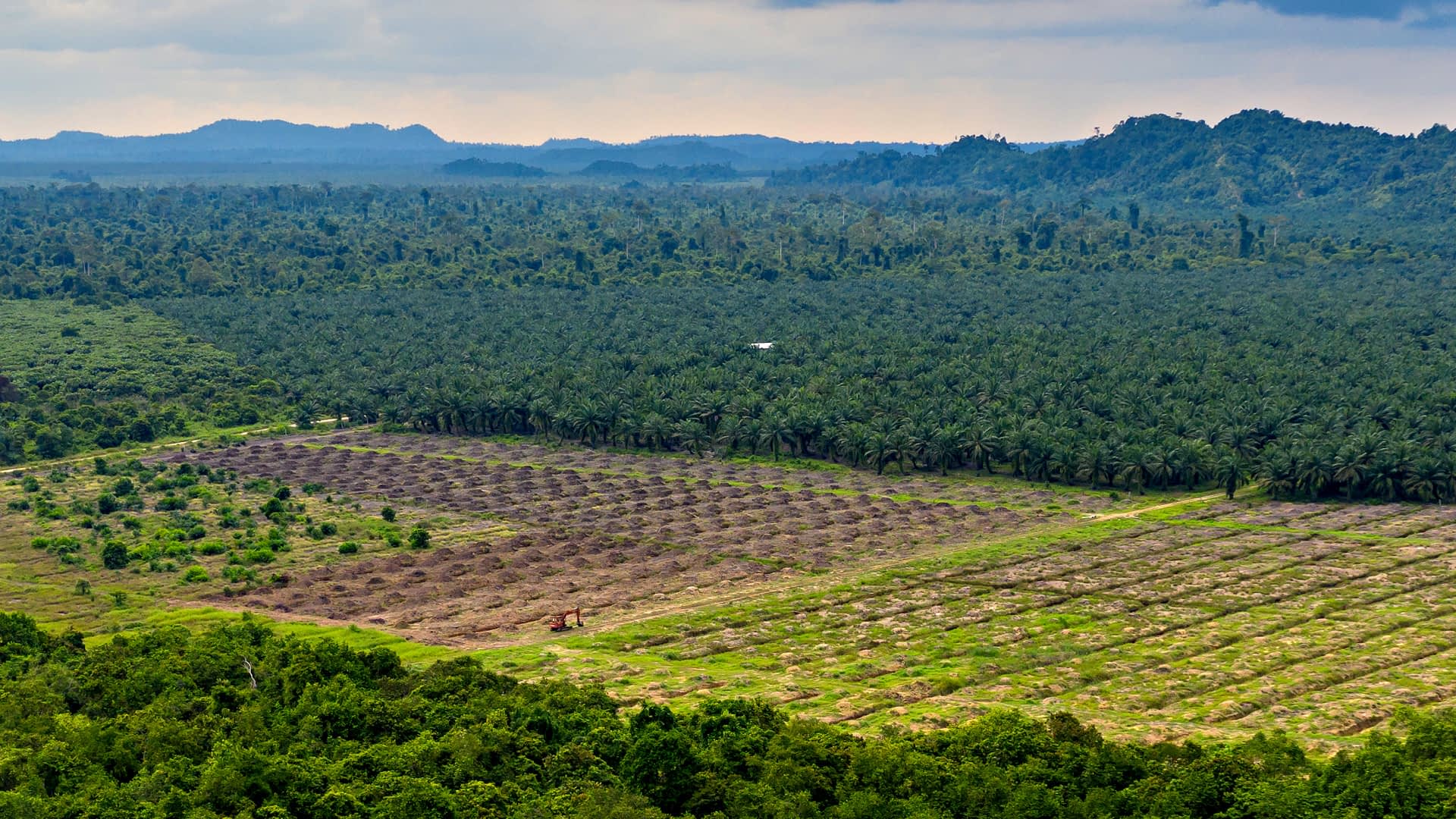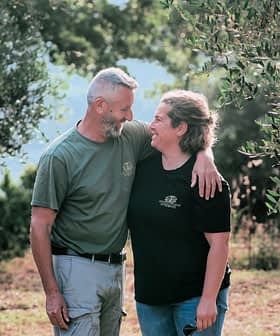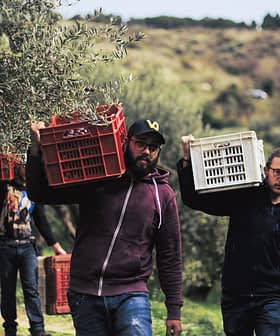2021 Saw Record Numbers of Trees Destroyed

Deforestation continued in 2021 despite promises to end it by 2030, resulting in the loss of biodiversity and emitting 2.5 billion tons of CO2, equivalent to India’s annual emissions. The destruction was most severe in the Congo Basin and the Brazilian Amazon, with concerns also rising over deforestation in the Arctic due to wildfires.
Widespread destruction of rainforests continued unabated in 2021 despite the agreement at COP26 to end deforestation by 2030 and world leaders pledging more than €16.4 billion to those efforts.
Continued deforestation, primarily concentrated in Africa, South America and Southeast Asia, resulted in the loss of biodiversity and the emission of 2.5 billion tons of carbon dioxide, which is equal to India’s annual CO2 emissions. India is currently the third-largest producer of CO2 emissions globally after China and the United States.
Global warming is generally happening faster as you get closer to the poles… so we’re seeing fires that burn more frequently, more intensively and more broadly than they ever would under normal conditions.
According to the new report by the Global Forest Watch and the University of Maryland, the destruction is most acute in the Congo Basin and the Brazilian Amazon. In total, the tropics lost 11.1 million hectares of tree cover in 2021.
Of significant concern was the loss of 3.75 million hectares of primary tropical rainforests, which are highly valued for carbon sequestration and preventing loss of biodiversity.
See Also:Ancient Trees Are Key to Healthy Forests, Scientists SayWhile most of the report focused on tropical rainforests in the Democratic Republic of Congo and Brazil, where an estimated 96 percent of deforestation occurs, 2021 also brought increased concern over deforestation in the Arctic. Boreal forests in northern regions of Alaska, Russia and Canada experienced unprecedented loss mainly due to wildfires.
Though cutting or burning down trees rarely results in long-term deforestation, 2021 held the record for the highest number of trees destroyed in recorded history.
Rod Taylor, the global director of the forests program at World Resources Institute, which was part of the team involved in the report, said the trend is alarming.
“Global warming is generally happening faster as you get closer to the poles,” he said. “It’s like having a changing climate and an ecosystem that’s not coping, so we’re seeing fires that burn more frequently, more intensively and more broadly than they ever would under normal conditions.”
Environmental experts are also worried that the Amazon rainforest is quickly approaching a point of no return when the region emits more CO2 than it can absorb.
This would reverse the progress in reducing carbon emissions and keeping global temperatures from exceeding pre-Industrial averages by more than 1.5 ºC.
Experts said the 143 governments that committed to stopping and reducing deforestation by 2030 at COP26 should keep their word by taking drastic steps.
According to Taylor, while the global rate of deforestation seems to be slowing, there is an urgent need for deforestation rates to decrease even more dramatically if the world is to meet the climate goals laid out in the 2015 Paris Climate Agreement.
“When you look at unchanging year-on-year statistics, you could conclude that they don’t really offer a newsworthy headline,” he said.
“But when it comes to the loss of primary tropical forests, stubbornly persistent rates related to the climate, the extinction crisis and the fate of many first peoples,” he concluded, “high rates of loss continue despite pledges from countries and companies.”









